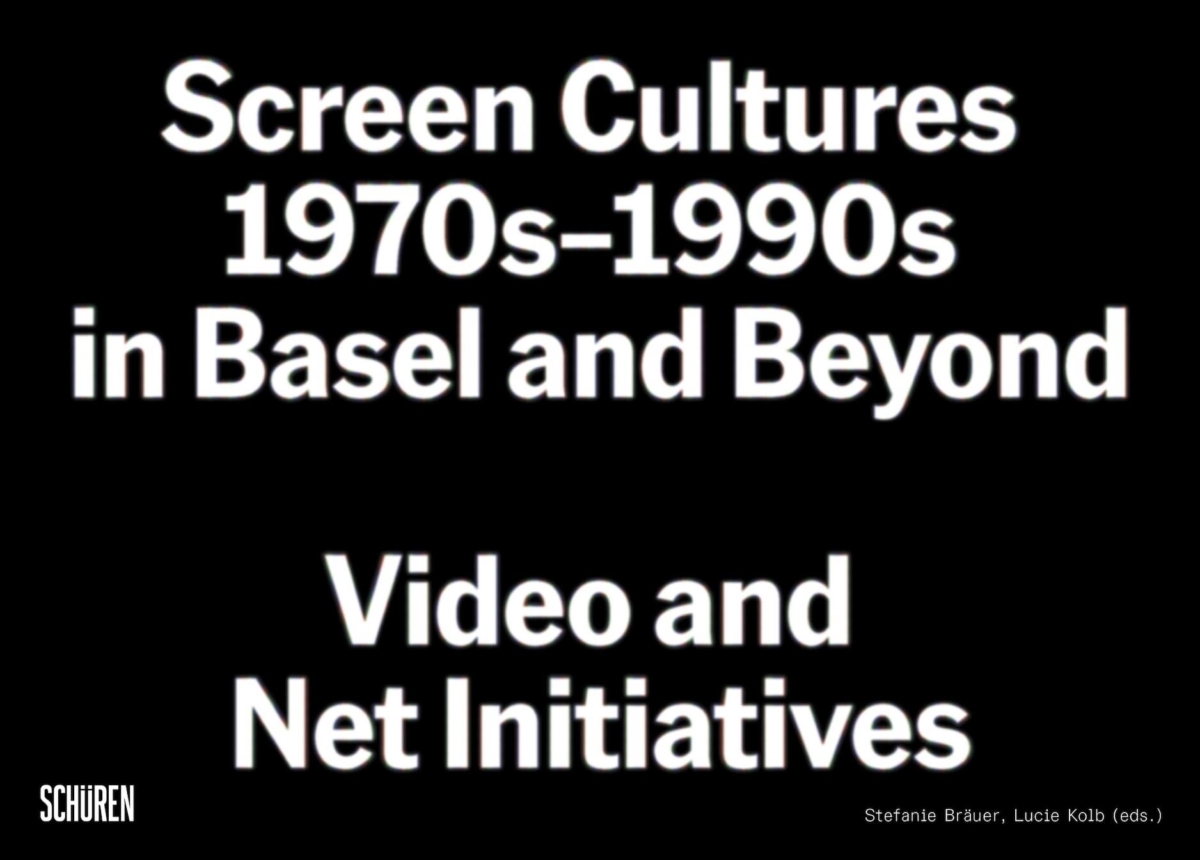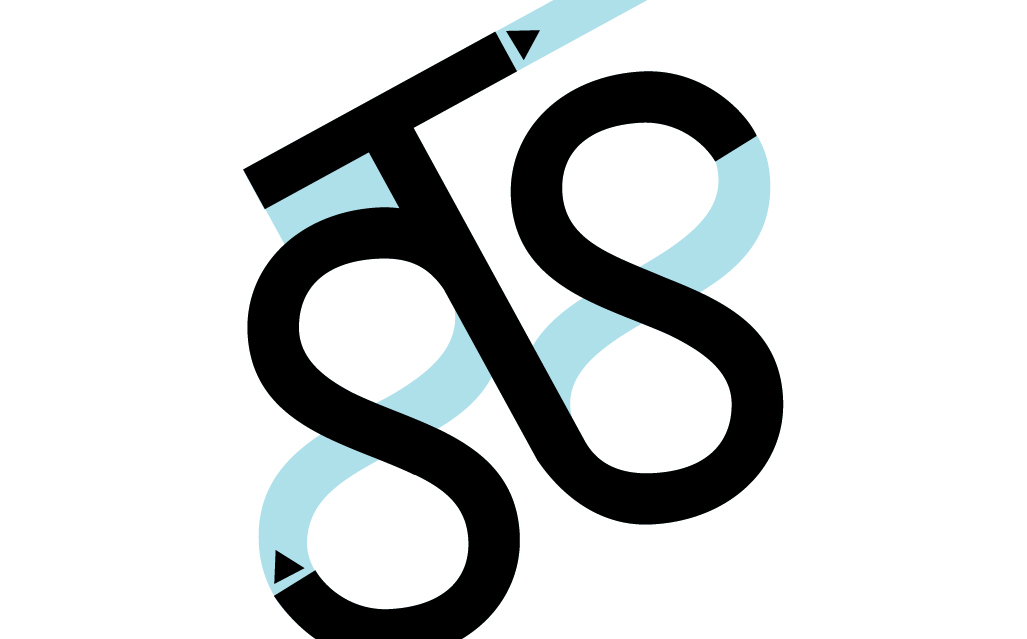The project “Sharing Knowledge in the Arts” analyzes what we can learn from this experiment to design novel research infrastructures in and for the arts. We aim at a) analyzing “THEswissTHING” as a bottom-up initiative for sharing knowledge to understand how ethical issues of sharing were negotiated in this context and b) learning from those insights for current Open Research Data (ORD) publishing practices.
The project conducts practice-based research towards analyzing “THEswissTHING.” The primary sources include Barbara Strebel’s archive, as well as documents by others relating to neighboring initiatives. The material documents the publishing, pedagogical and infrastructural work of the “THEswissTHING.” and neighboring initiatives. We collect, organize, describe, and secure the material. Archival analysis will be complemented with stakeholder interviews to contextualize “THEswissTHING” within the recent history of artistic knowledge practices, the history of media labs, and radical open access approaches. Further, the project designs a feminist data vizualisation in form of an interface to publish the research data exploring the socio-political connotations of “openness” in FAIR ORD practices. Based on this design research process, we will reflect on the means of sharing the project’s research data.
The project’s team combines art history, design research, and media studies expertise and cooperates with digital preservation experts, digital humanities scholars, and audio-visual producers. We draw on research on artistic knowledge practices and critical infrastructure studies, such as the investigation of research infrastructures and experimentation with open access and open research data. Our findings aim to produce reflexive feedback between digital preservation, scholarship, and design around sociotechnical imaginaries of accessibility and openness in sharing knowledge in the arts.
Partners
- Barbara Strebel, THEswissTHING
- Dragan Espenschied, Rhizome, New Museum
- Lozana Rossenova, Open Science Lab, TIB Hannover
- Gary Hall, Center for Postdigital Cultures, Coventry University
- Andreas Weber, Point de Vue
- Tobias Hodel, Universität Bern, Walter Benjamin Kolleg, Digital Humanities


